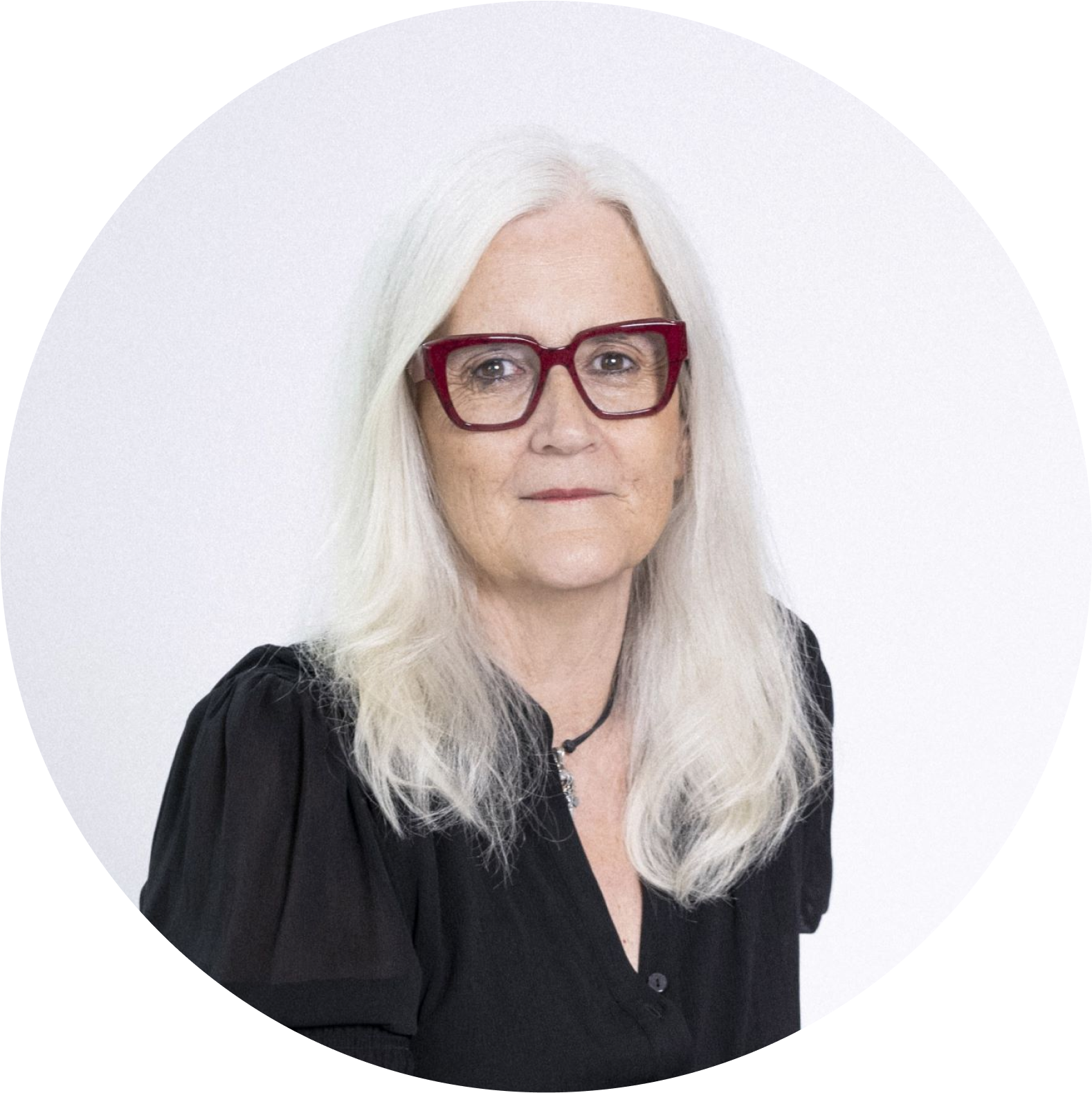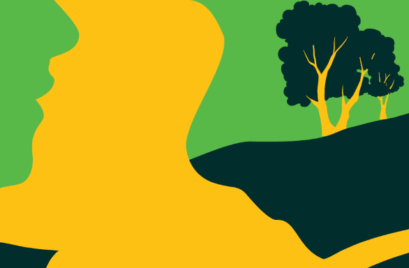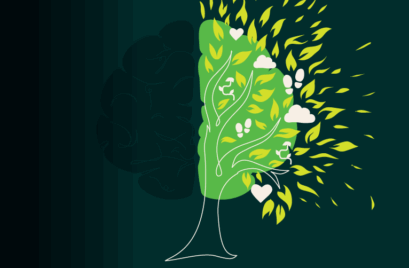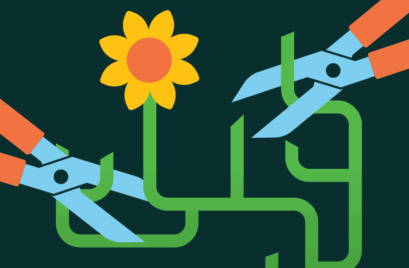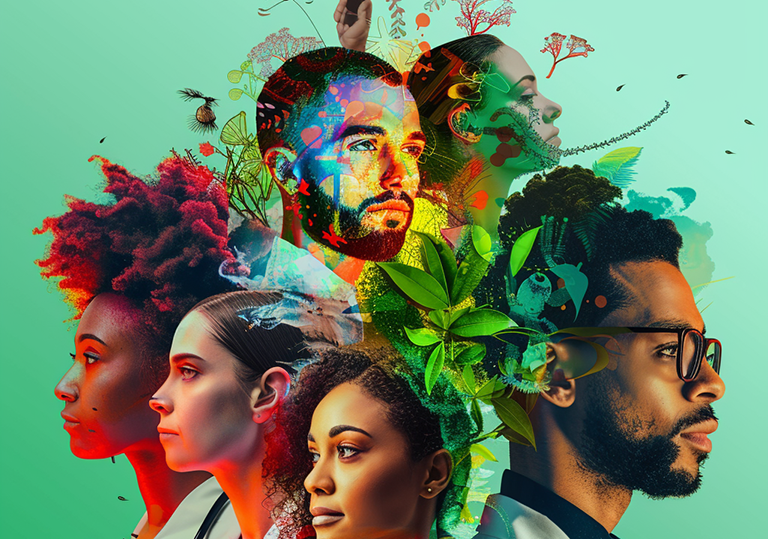
Though the idea of conscious leadership and conscious organisations has been around since about 2014, it is emerging as the leadership beacon of our time. As we search for what will help us to become future fit (= not harming people or the planet), conscious leadership is the front contender.
Above or Below the Line
The concept was built around the idea of whether, as leaders we are operating above or below the line. When we operate above the line we are in creator mode. When we operate below the line, we’re in victim mode.
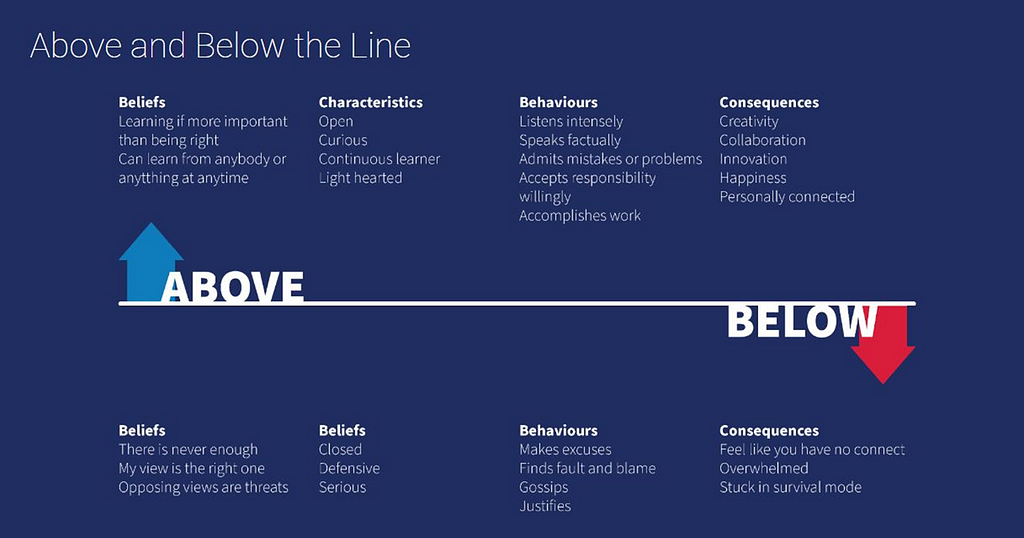
Above the line means we are conscious, open, curious, and committed to self-development and learning. When we operate below the line, we become defensive and closed off. In the below-the-line mindset, we can get stuck on having to be right.
To stay consistently above the line, we rely on these core attributes:
- Self-awareness — this, perhaps, is the key to all the other attributes. All leadership begins with the self.
- Curiosity — Curiosity is our secret weapon in life. It can transform us as individuals when applied inward, it can transform situations and is the catalyst for transformation.
- Integrity — The free flow of energy allows us to be in a state of alignment and wholeness.
- Authenticity — If you live and lead in the way you think and believe, you are being authentic.
- Radical Responsibility — Conscious leaders always take complete responsibility for their part in any situation.
Digging even deeper into this, the Conscious Leadership group Conscious Leadership outlines the 15 commitments it takes to become a conscious leader.
Today, conscious leadership has become the call to action. To be effective and relevant we need self-aware, compassionate, co-creators who are capable of distributing power, staying curious, and aligning to a greater purpose. Our decision-making needs to be informed by deep listening, collaboration, and committed purpose.
How do we get better at becoming conscious leaders?
Some of the ways we can become more conscious leaders are governed by our intentions. When faced with a challenge, we should allow ourselves permission to experience victim status and “feel the feelings” for a short period. Then we must take full responsibility for our role in it and our ability to make a change. And even when challenges are overcome, we should continue to ask ourselves:
- Am I seeking personal growth?
- Am I consciously learning how to be more empathic?
- Am I paying attention?
- Am I practicing integrity, reflecting on my thoughts and actions, and then practicing again?
These questions will help us navigate a path of “conscious” and abundant progress.

